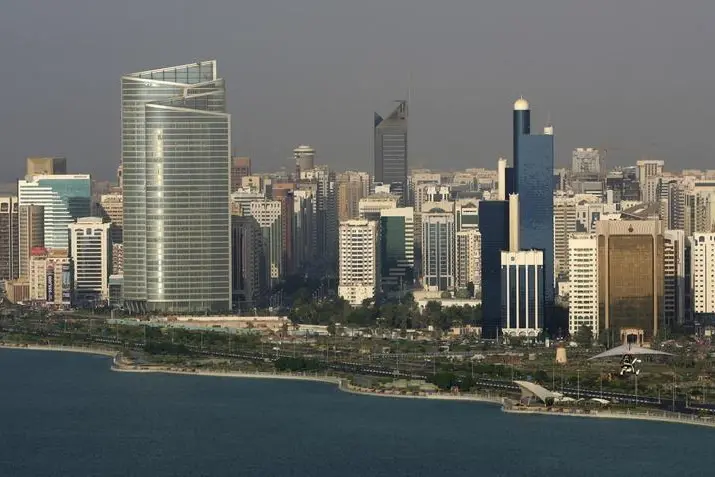PHOTO
Planned mergers are set to create a more consolidated and robust banking sector in Abu Dhabi, strengthening its position as a leader in the regional financial market.
In January Abu Dhabi Commercial Bank (ADCB) and Union National Bank (UNB) issued a statement to the Abu Dhabi Securities Exchange stating that they had formalised plans to merge, and that the new entity would continue to trade under the ADCB name.
Furthermore, they announced that the merged bank would acquire the sharia-compliant lender Al Hilal Bank.
The merger, which is still subject to shareholder and regulatory approval, would see the new banking institution hold combined assets of Dh420bn ($114.4bn), making it the second-largest bank in Abu Dhabi and the third largest in the UAE.
In addition, it would become the UAE’s third-biggest platform for sharia-compliant financial services.
Consolidated investment-grade rating affirmed
In a note issued at the end of January, ratings agency Moody’s affirmed investment-grade ratings of the lenders involved in the merger.
It also stated that the proposed merger would be a credit neutral move, meaning that it would not impact the rating of the new bank.
According to the note, the consolidated bank would be better placed to participate in larger deals, and achieve savings and revenue synergies as a result of its greater scale.
Furthermore, the ratings agency stated that while the combined bank would likely see a dip in profits as the result of initial integration costs, it would ultimately benefit from UNB’s growing retail franchise and Al Hilal Bank’s developed Islamic finance offering.
In a separate report issued by Moody’s in mid-January, it stated that the growing trend of mergers in the regional banking sector would reduce overcrowding and boost profitability in an intensely competitive market.
Further consolidation expected in the UAE
The ADCB merger is not the first major consolidation in the Abu Dhabi banking sector to take place in recent years.
In April 2017 First Gulf Bank and National Bank of Abu Dhabi formally concluded their own merger, creating First Abu Dhabi Bank (FAB), the country’s largest lender, with assets of more than Dh670bn ($182.4bn).
Speaking at the Institute of International Finance MENA Financial Summit in November, Mubarak Rashed Al Mansoori, the governor of the Central Bank of the UAE, stated that more consolidations in the sector were likely.
With some 50 local and overseas banks operating in the UAE market, many with branches in multiple emirates, the process of consolidation will likely result in some branch closures and staff reductions, as occurred when FAB was formed.
However, the economies of scale expected to come from the new ADCB merger should offset any fall in localised service provisions.
Abu Dhabi’s banking sector performed well in 2018
As the sector undergoes consolidation, a number of Abu Dhabi’s banks are posting strong results, with earnings up on the emirate’s improved economic situation and planned increases in public spending.
FAB recorded Dh12bn ($3.3bn) in net profits in 2018, up 10% on its 2017 performance of Dh10.9bn ($3bn). This result came as the bank finalised provisions related to its merger, and expanded both credit and deposits.
This strong result may increase the bank’s appeal to foreign investors, a situation that will likely be bolstered by the announcement in January that FAB will seek approval to raise its ceiling on overseas ownership from the present level of 25% to 40%.
News of the planned increase saw the lender’s shares spike 5.8% on February 3, before settling back to a still strong 1.8% gain on the same day.
Shareholders are due to vote on the proposal to raise the foreign ownership ceiling at the end of February.
Abu Dhabi Islamic Bank, meanwhile, recorded a 8.7% rise in net profits in 2018, with the Dh2.5bn ($681m) result coming on the back of growth in customer financing and an improvement in provisioning.
Net profits in 2018 were even stronger for ADCB, with the lender recording a 13% increase of Dh4.8bn ($1.3bn). According to the bank, this was driven by record operating income, improved cost management and lower impairment charges.
The bank’s robust performance places it in a strong position to absorb any revenue downturn or costs stemming from its merger with UNB and Al Hilal Bank.
© Oxford Business Group 2019




















